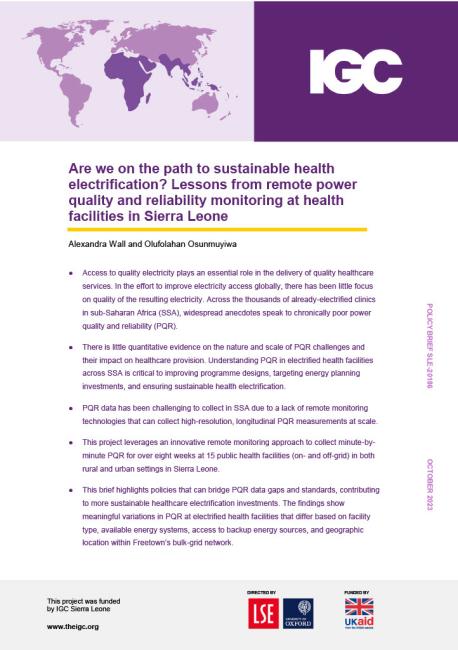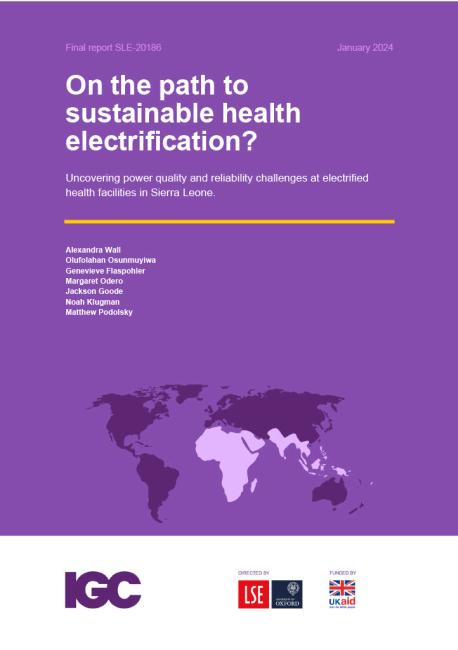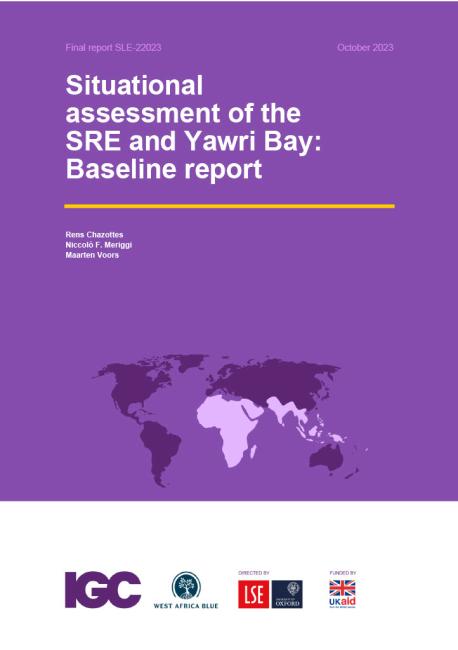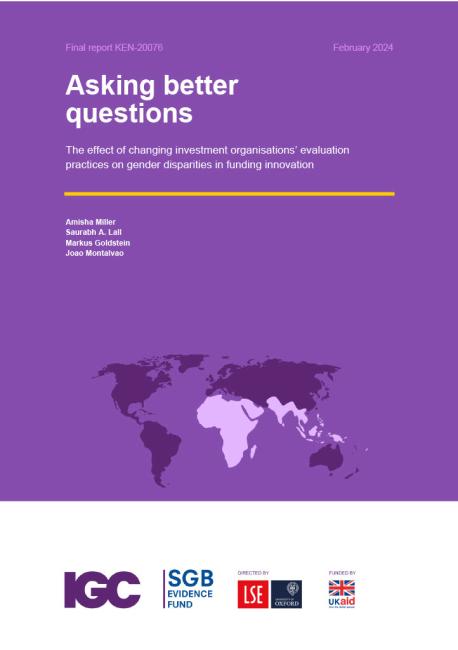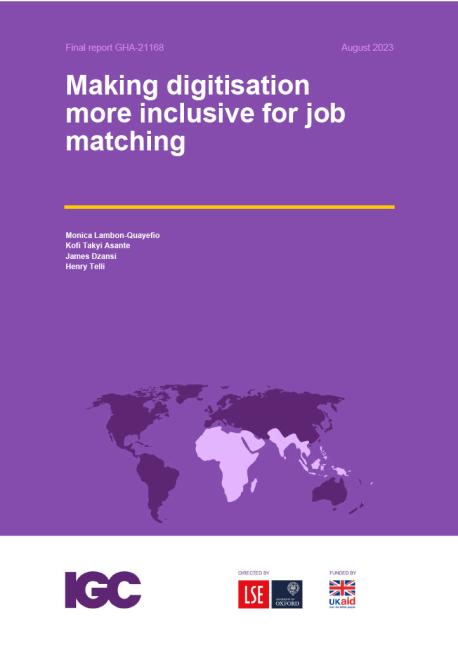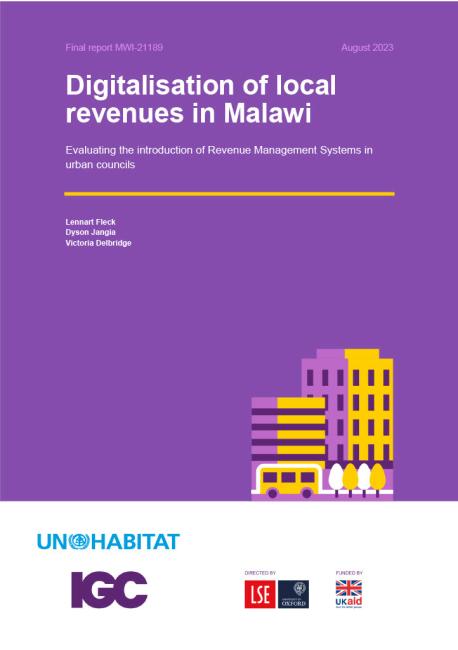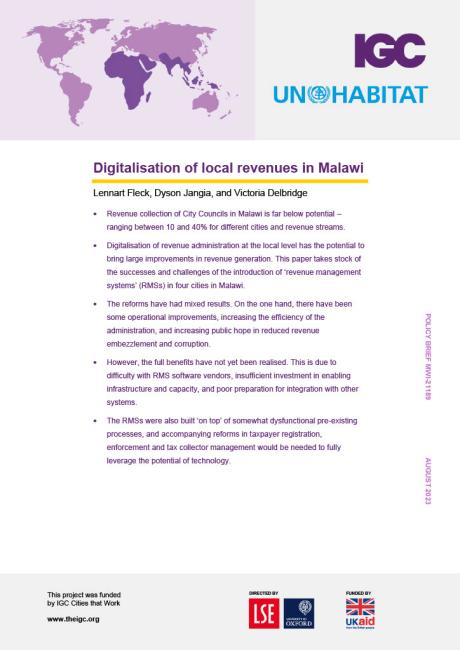Publications
Explore all of our latest research and policy materials.
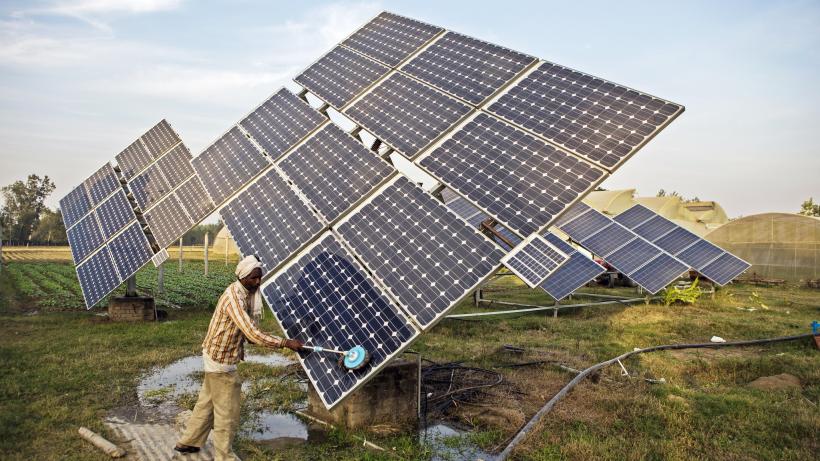
White paper: Innovation, growth, and the environment
Synthesis paper
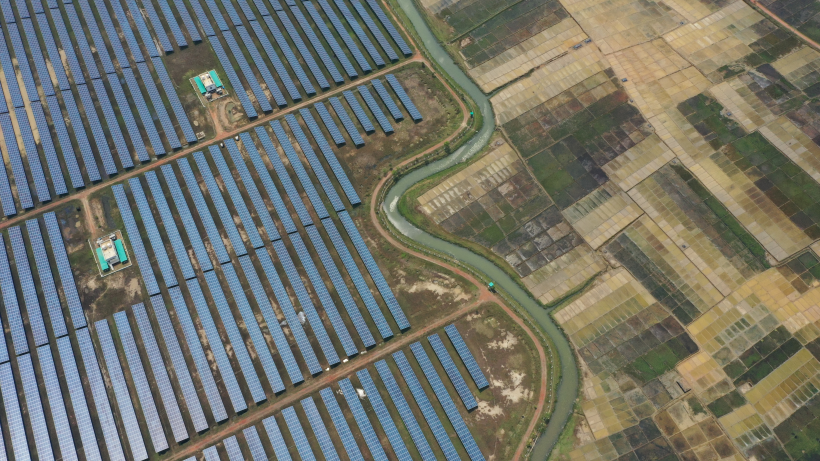
Resilient and resurgent Bangladesh: Sustaining economic growth in a changing climate
Synthesis paper
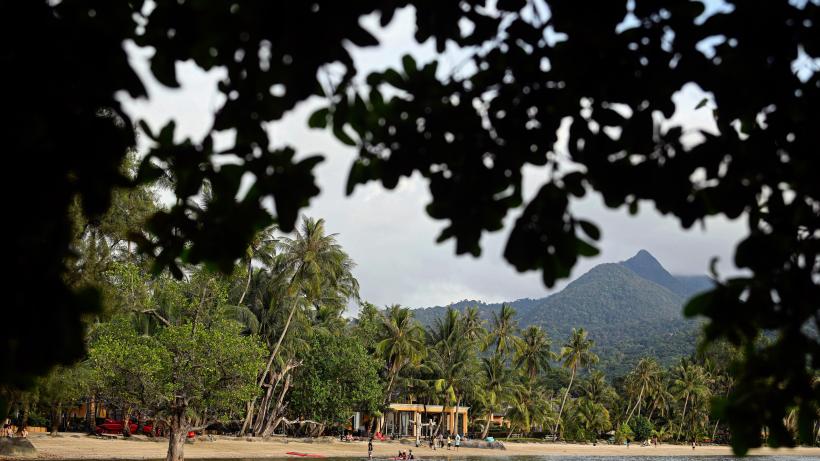
Can expert feedback improve SMEs' views of government's regulatory legitimacy? Evidence from Thailand
Policy brief
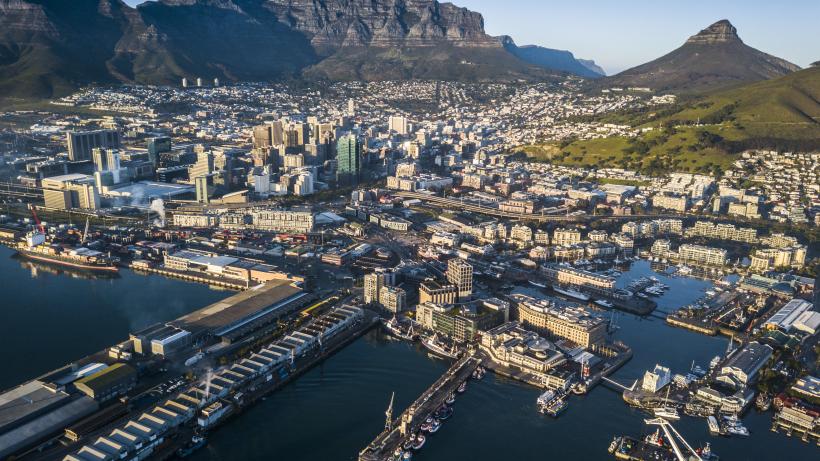
Data and research as key enablers of city outcomes: A case study of the City of Cape Town (2000-2022)
Case study

Sustainable urbanisation in developing countries: Cities as places to innovate, trade, and work
Growth brief

Sustainable urbanisation in developing countries: Cities as places to live
Growth brief
1–10 of 1653 items
• Sorted


